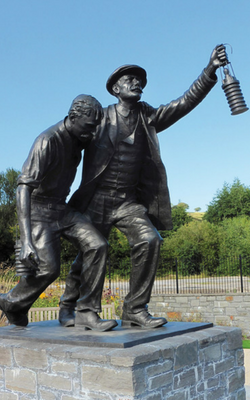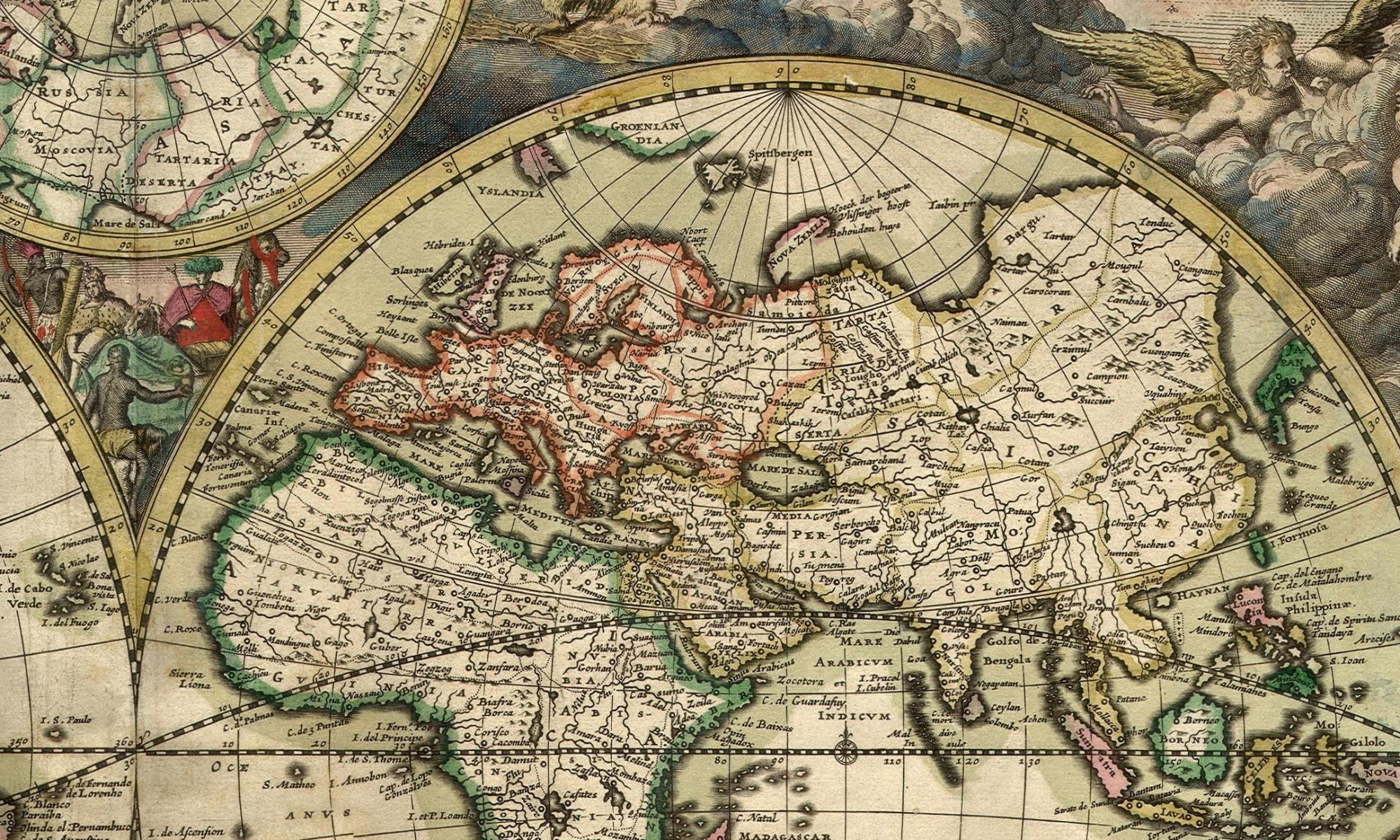Research into the history of Wales by Open University students is now freely available online for
the first time. These dissertations include studies of topics such as Owain Glyndwr, Welsh Catholicism after the Reformation, early modern medicine in Wales, Welsh seaside resorts, nineteenth-century mining in South Wales, and Barry during World War Two. They can all be accessed on Open Research Online.

This research was conducted by students studying the Open University module, ‘The Making of Welsh History’. The module uses Wales as a case study to explore themes that have shaped the modern British Isles, from medieval lordship and conflict, through the spread of Protestantism and the industrial revolution, to political protest and the rise of nationalism in an era of globalization. The module culminates in a 6,000-word dissertation in which students research a Welsh history topic of their own choosing. The best of those dissertations are then made publicly available online.
‘The Making of Welsh History’ invites students to explore a huge vista of online sources and scholarship, supported by guidance from experts. It also offers those studying it the opportunity to be part of a tight-knit learning community, in which students actively help one another to develop skills and conduct research.
I was able to analyse the lives of women who lived 800 years ago and it proved to be thoroughly interesting, eye-opening and fascinating.
Natalie Owsley, student
OU student Gareth Howells, whose dissertation looked at the impact of the McKinley Tariff on the South Wales tinplate industry between 1880 and 1895, said: ‘This was the final module on my OU History degree, and by far the most enjoyable. The tutors were all fantastic, the student community was very supportive, and the course materials provided me with everything I needed to reach my potential. Writing a dissertation was hard work, but incredibly fulfilling. As a direct result of my experience on the module, I have enrolled onto a full-time MA History programme at Swansea University. I’d urge anyone to give it a go!’
Natalie Owsley, a student whose dissertation focused on the life choices available to thirteenth-century Welsh noble-women, said: ‘The module gave me the opportunity to really get involved with a topic that I found intriguing. As a non-Welsh speaker, I was initially concerned that this would inhibit the resources I could access, however I needn’t have worried. All resources were readily available in English and mostly in digital form. I was able to analyse the lives of women who lived 800 years ago and it proved to be thoroughly interesting, eye-opening and fascinating. I felt like an actual historian for the first time’.
If you would like to learn more about ‘The Making of Welsh History’, please contact Dr Richard Marsden.
